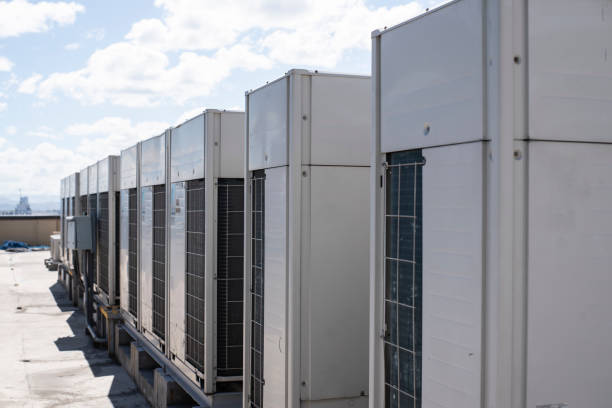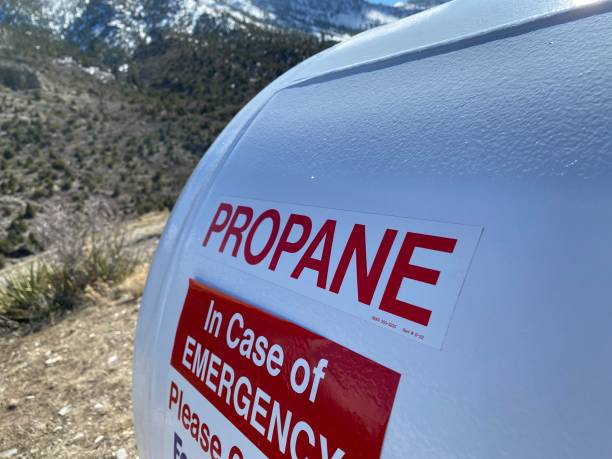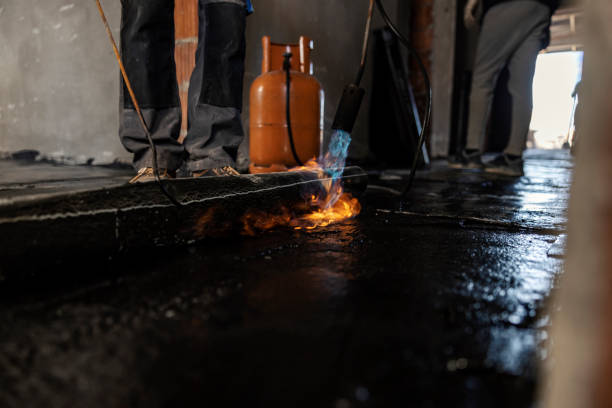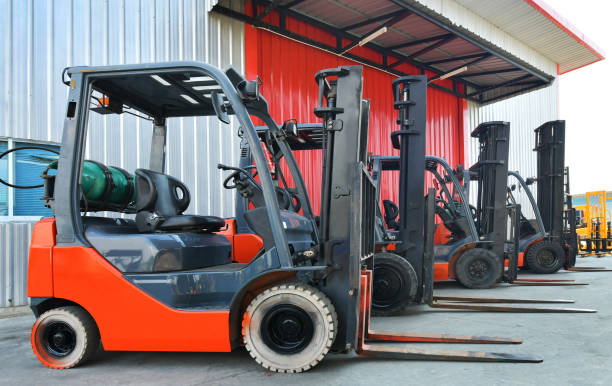Unlocking the Potential of Propane in Industrial Cooling
Propane, a versatile and efficient energy source, plays a significant role in process cooling across industries. It provides a sustainable and cost-effective way to manage heat in industrial processes, making it an increasingly popular choice for businesses. The Basics of Process Cooling Process cooling removes heat generated by machinery or industrial processes to maintain optimal… Continue reading Unlocking the Potential of Propane in Industrial Cooling





